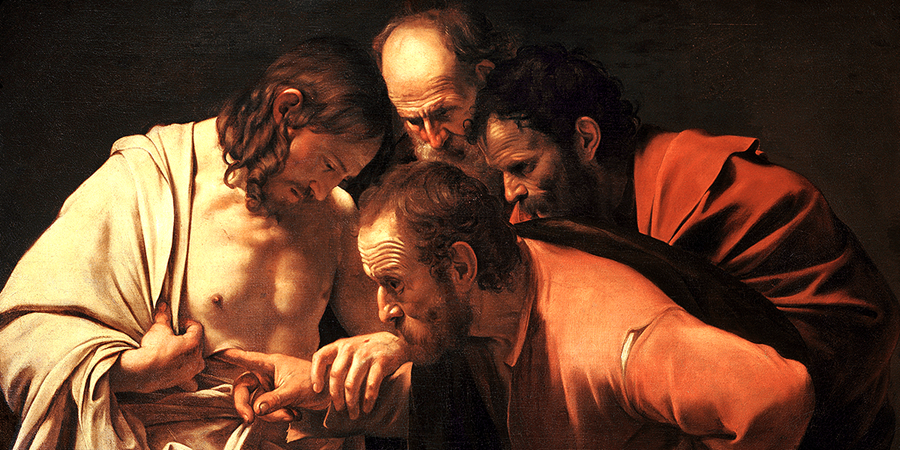The Mystery of Suffering
Wednesday, January 24, 2018
It is much easier to appreciate the glory of Jesus’ resurrection than his painful crucifixion. Yet, Mark’s Gospel, written around 65 to 70 AD, focuses on Jesus’ “suffering servanthood.” Christians believe that we are “saved by the death and resurrection of Jesus.” The key is to put both together. We need to deeply trust and allow both our own dyings and our own certain resurrections, just as much as Jesus did! This is the full pattern of transformation. If we trust both, we are indestructible. That is how Jesus “saves” us from meaninglessness, cynicism, hatred, and violence—which is indeed death.
God is Light, yet this full light is hidden in darkness (John 1:5) so only the sincere seeker finds it. It seems we all must go into darkness to see the light, which is counter-intuitive for the ego. We resisted this language of “descent” and overwhelmingly made Christianity into a religion of “ascent,” where Jesus became a self-help “savior” instead of a profound wisdom-guide who really transforms our minds and hearts.
In recent centuries, reason, medicine, technology, and efficiency have allowed many modern, middle- and upper-class people to rather “successfully” avoid the normal and ordinary “path of the fall.” Yet the perennial and mature tradition of all world religions, and even the modern addiction recovery movement, believes that growth comes through some form of “falling upward,” not climbing upward, which is all about ego. [1]
Many of the happiest and most authentic people I know love a God who walks with crucified people and thus reveals and “redeems” their plight as God’s own. For them, God is not observing human suffering from a distance but is somehow in human suffering with us and for us. Such a God includes our suffering in the co-redemption of the world, as “all creation groans in one great act of giving birth” (Romans 8:22).
Is this possible? Could it be true that we “make up in our bodies all that still has to be undergone for the sake of the Whole Body” (Colossians 1:24)? Are we somehow partners with the divine? Of course we are! In fact, I think that is the whole point. The mystic knows there is only one suffering and we all participate in it together: the eternal suffering love of God.
Jesus takes on our suffering, bears it, and moves through it to resurrection. This is “the paschal mystery.” We too can follow this path, actively joining God’s loving solidarity with all suffering since the foundation of the world. Jesus does not ask us to worship him. He asks us to follow him by trusting and allowing this risky but revealing journey. If God is indeed Infinite Love, then humans and all of creation are Infinite Becoming (which is the core meaning of “divinization” or theosis, the process of salvation).
When I was young, I was taught that in heaven we would look at God for all eternity (the “beatific vision”). This sounded rather boring to a little boy. Perhaps heaven is not seeing God for all eternity, but seeing like and with God for all eternity.

